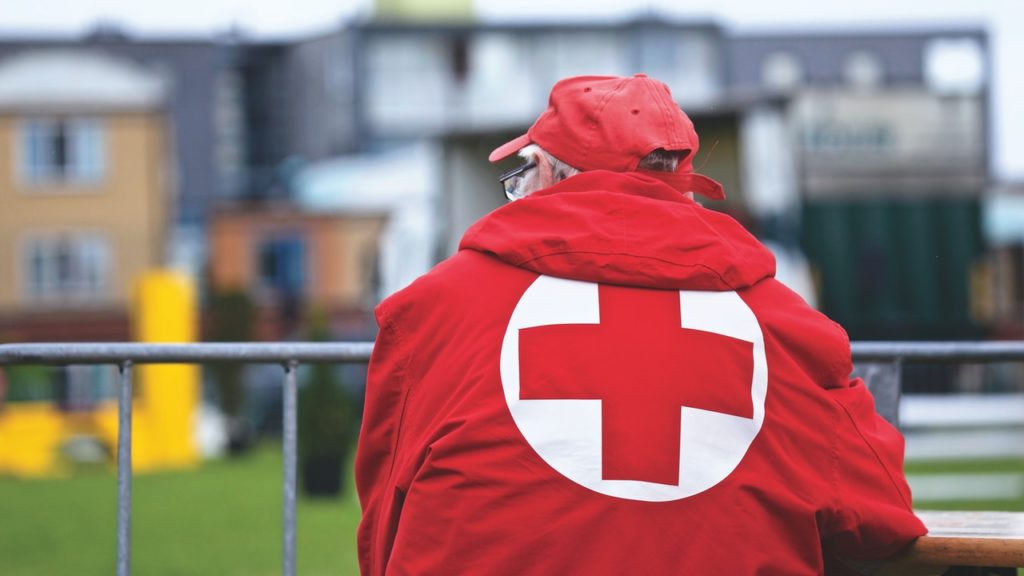Volunteering is a great way for a person to give a little back to the community and the world at large. Giving people a helping hand by helping out with your time and effort can be a great way to make the world better. While you can help out in various ways, one particular sector needs all the help: healthcare.
Even with all the nurses and doctors out there, their workload is through the roof. You can help out a little bit, even if you don’t have medical training. Here are a few possibilities:
Nursing Volunteer
The most obvious way to help out is at a hospital. There are a variety of duties that anyone can do. For example, you might help out with child care, telling children stories, and supervising their playtime. You can also keep company with lonely patients so that they don’t feel so isolated. You can also help out more physically by doing the cleaning and cooking when necessary.
All of these don’t need any medical knowledge at all but still provide patients with a better quality of life. With volunteers handling the bulk of non-medical care, the doctors and nurses will be able to focus on the issues where they are needed.
Hospice Volunteer
For those who want something less fast-paced, volunteering at a hospice can be an alternative. It is a requirement that five percent of patient care hours should be done by volunteers. However, it can be pretty emotionally draining. Hospices provide end-of-life care for people who are severely old or facing terminal sicknesses. This can be very depressing that you are caring for someone likely to die soon. But it can also be fulfilling since you provide them with a bit of joy near the end of their life.

Senior Care Volunteer
Caring for the elderly is also an important volunteer duty. Seniors can still be active but they occasionally need a bit of help sometimes. This is usually when they live on their own. As a senior care volunteer, you might have to visit some seniors in their homes to see whether they are doing fine and whether they need help. If you are volunteering at a senior home, you are there to mostly assist and interact with the residents so that they have a vibrant social life, which is important for their mental well-being.
Disabilities Volunteer
You can also help out the disabled. Whether it is a physical or mental disability, providing them with extra assistance and attention can do wonders for their life. There are several programs out there that can help you connect with those who need you in their lives. For example, you can help teach young children with special needs so that they can better handle normal life.
Medical Study Volunteer
Even if you are suffering from a disease or a condition, you can still volunteer to help out. Clinical medical studies provide study volunteer opportunities, providing those with rare conditions a chance to contribute. These medical studies are important in figuring out further treatment and it can be good to know that you are giving future generations a chance at a much normal life.
It doesn’t even have to be that complex. You mostly give feedback on various treatments and solutions. Sometimes it is applied to you, other times a survey is sent out to see how you feel about it. No matter the results, it is good to feel that you contributed to easing the life of others who have the same condition.
Volunteering in the medical field can be grueling. There is a lot to do and there are a lot of demands on your time. But being able to help out can be very rewarding. Seeing an appreciative smile and feeling the gratitude of the people you meet can be all the reward that you need.

